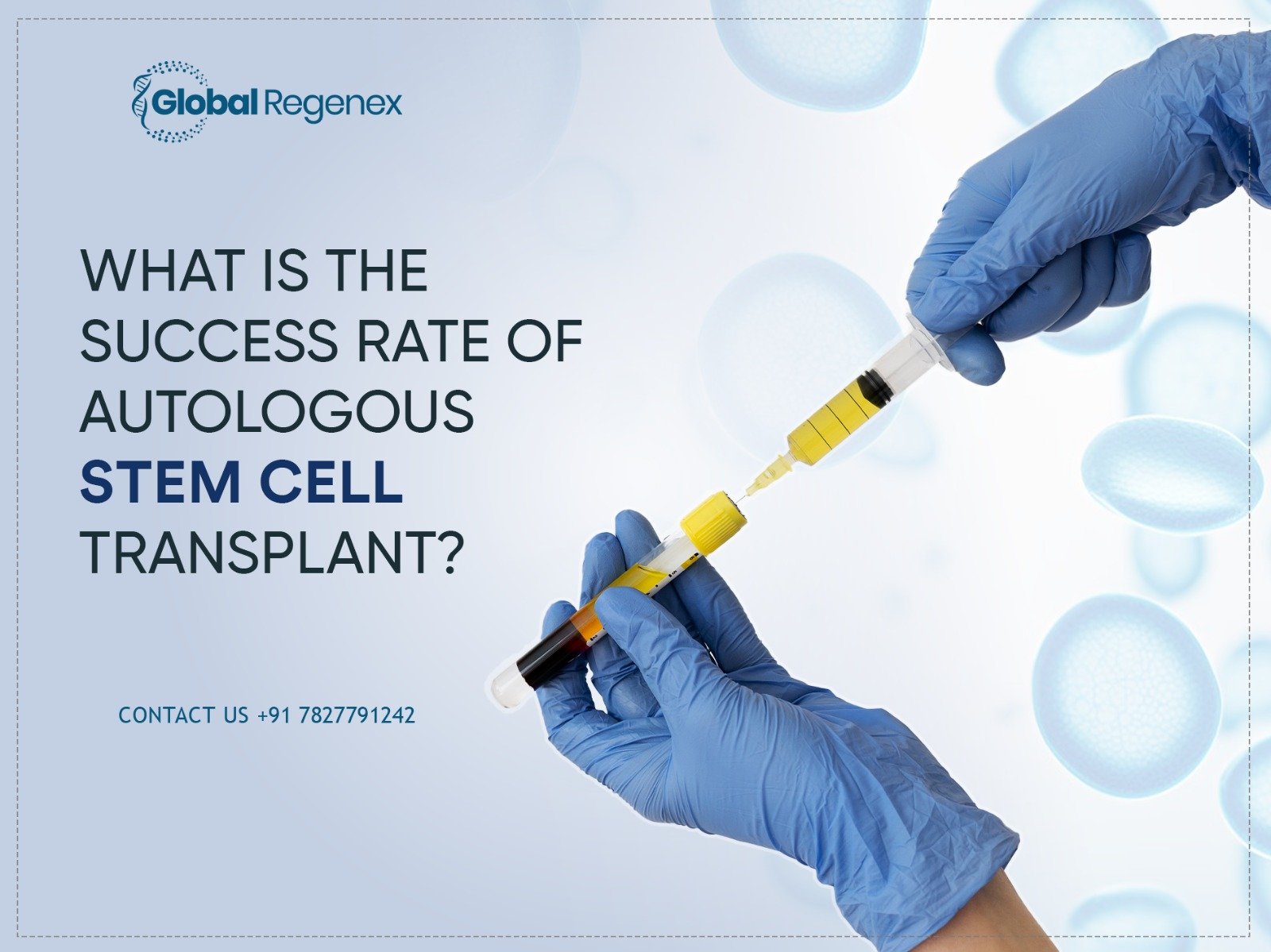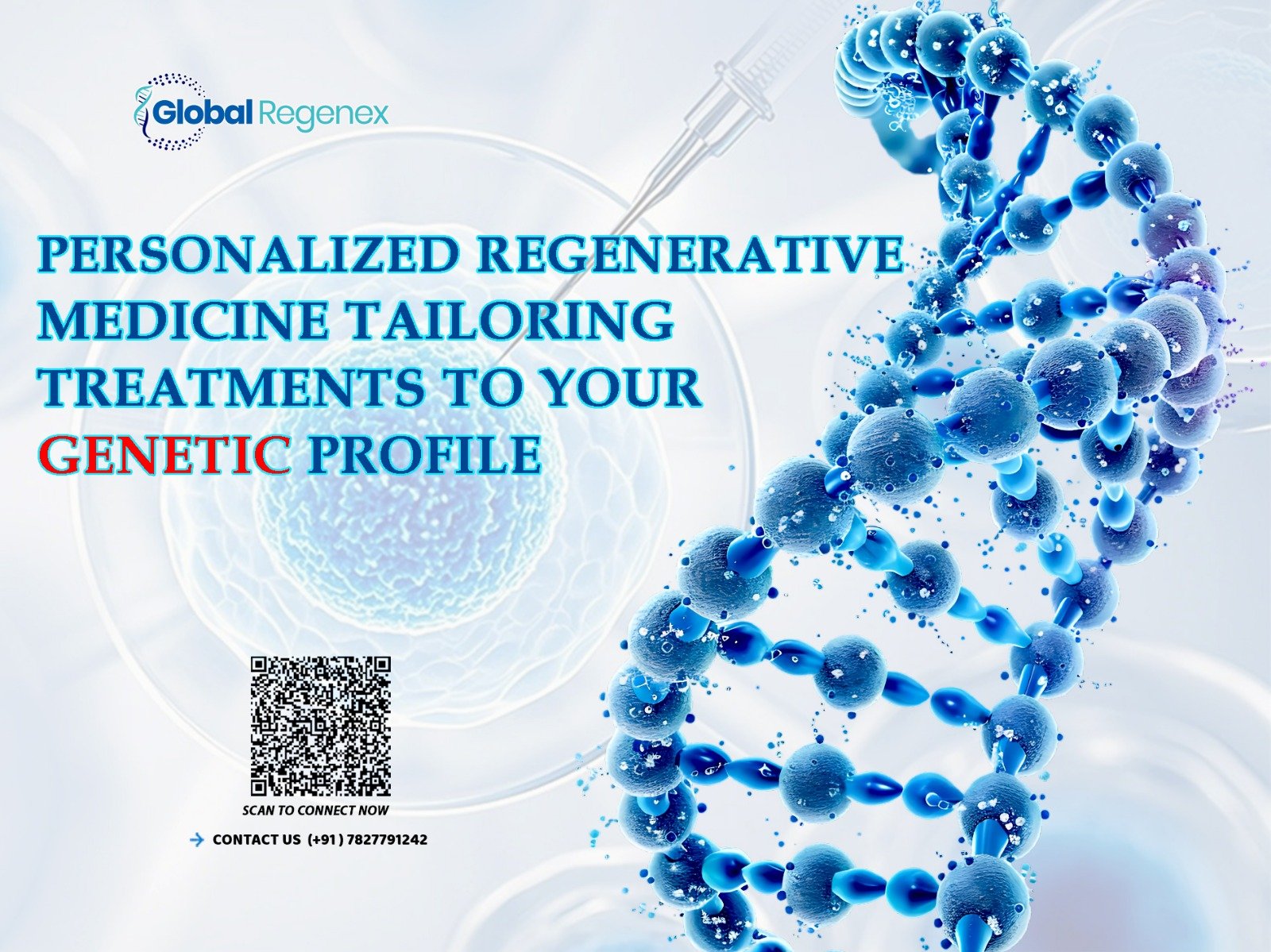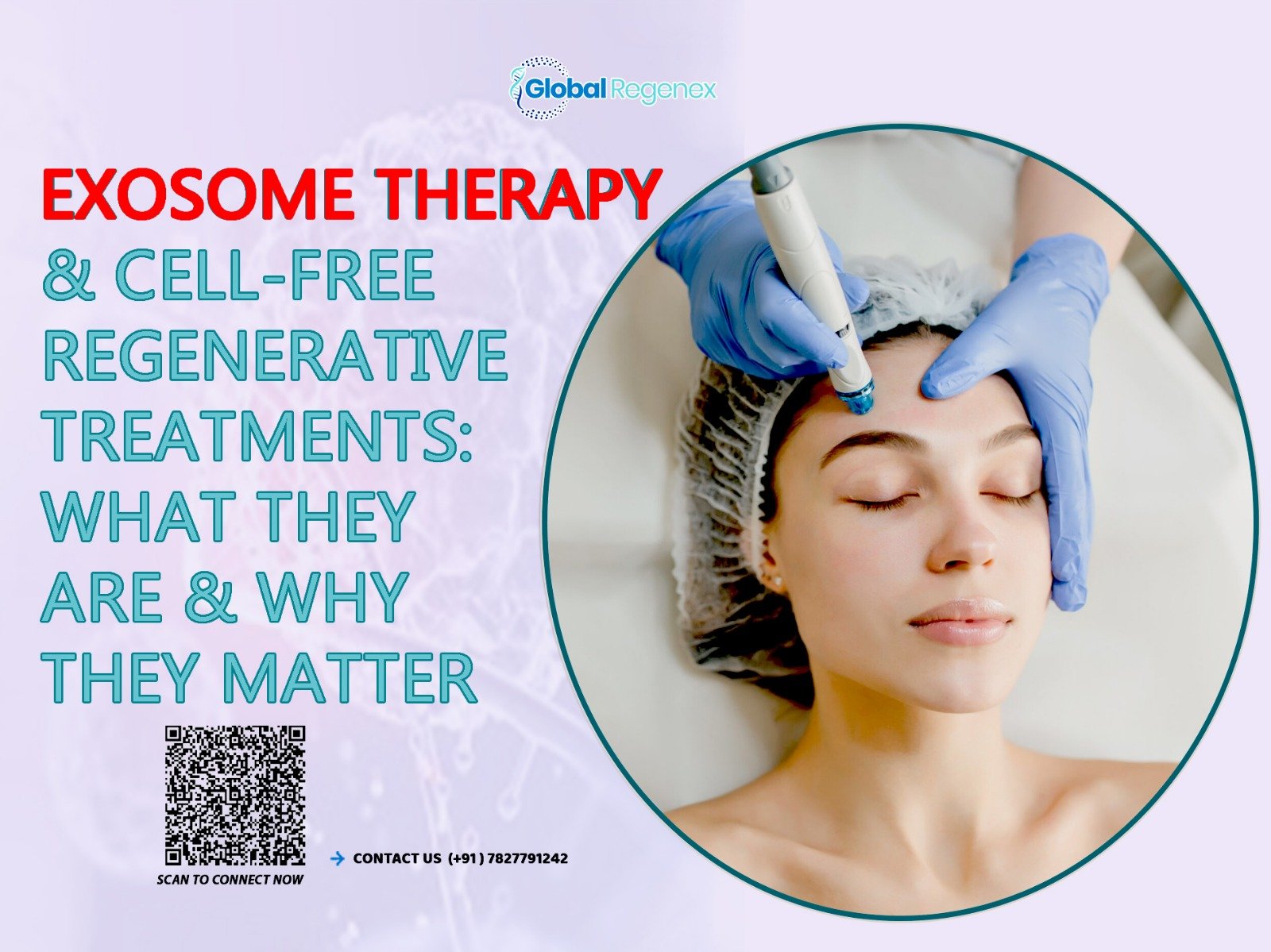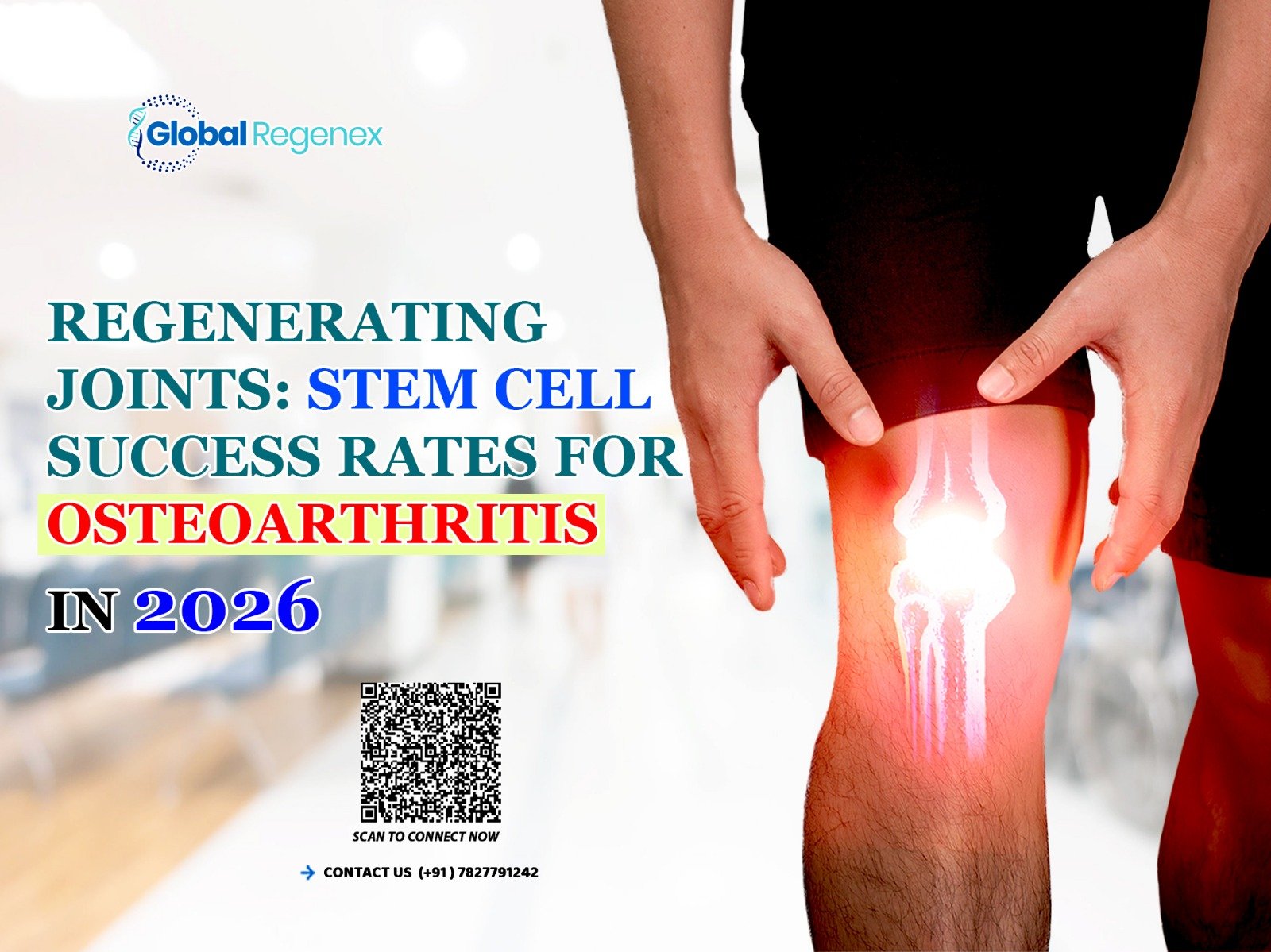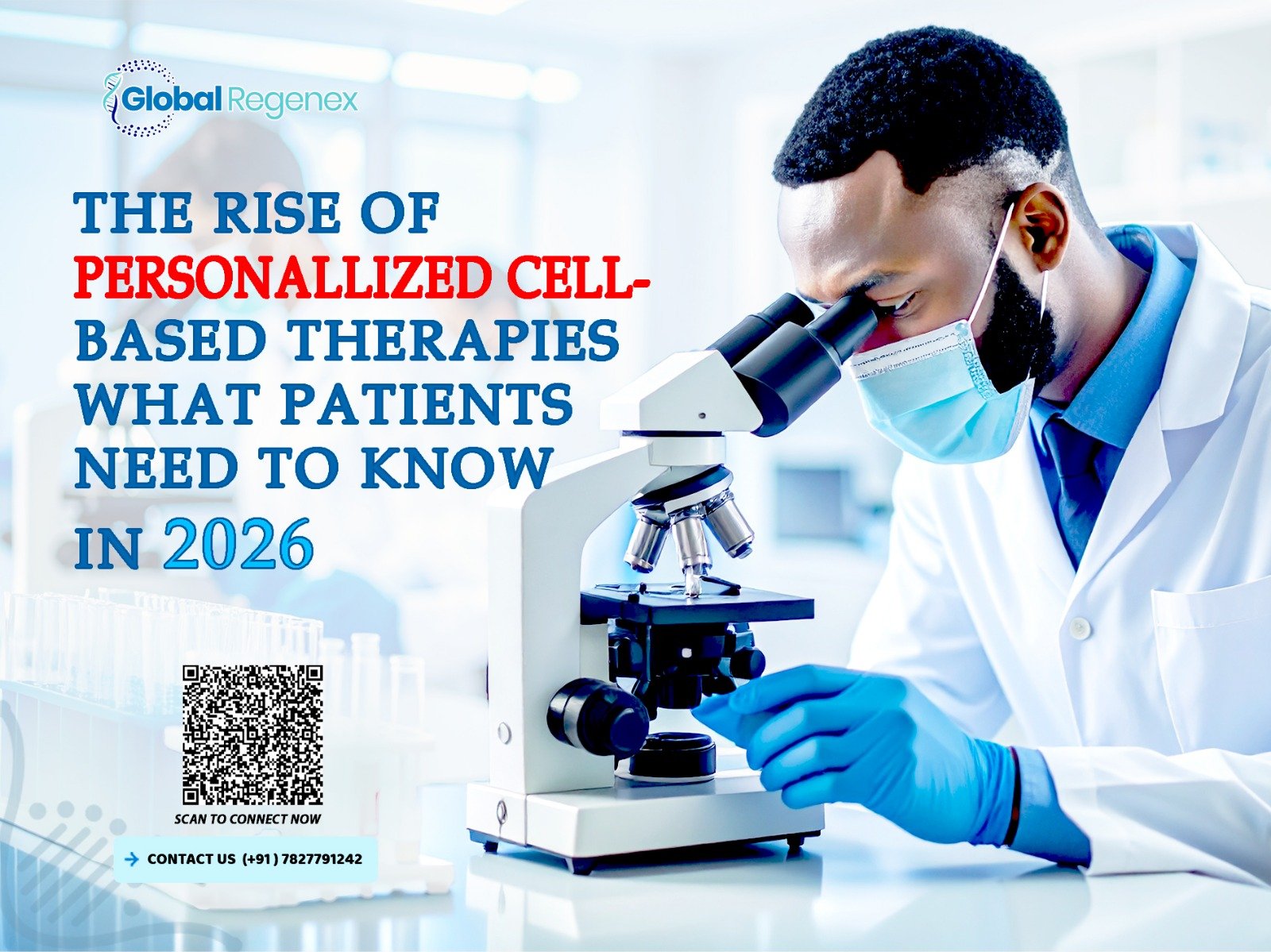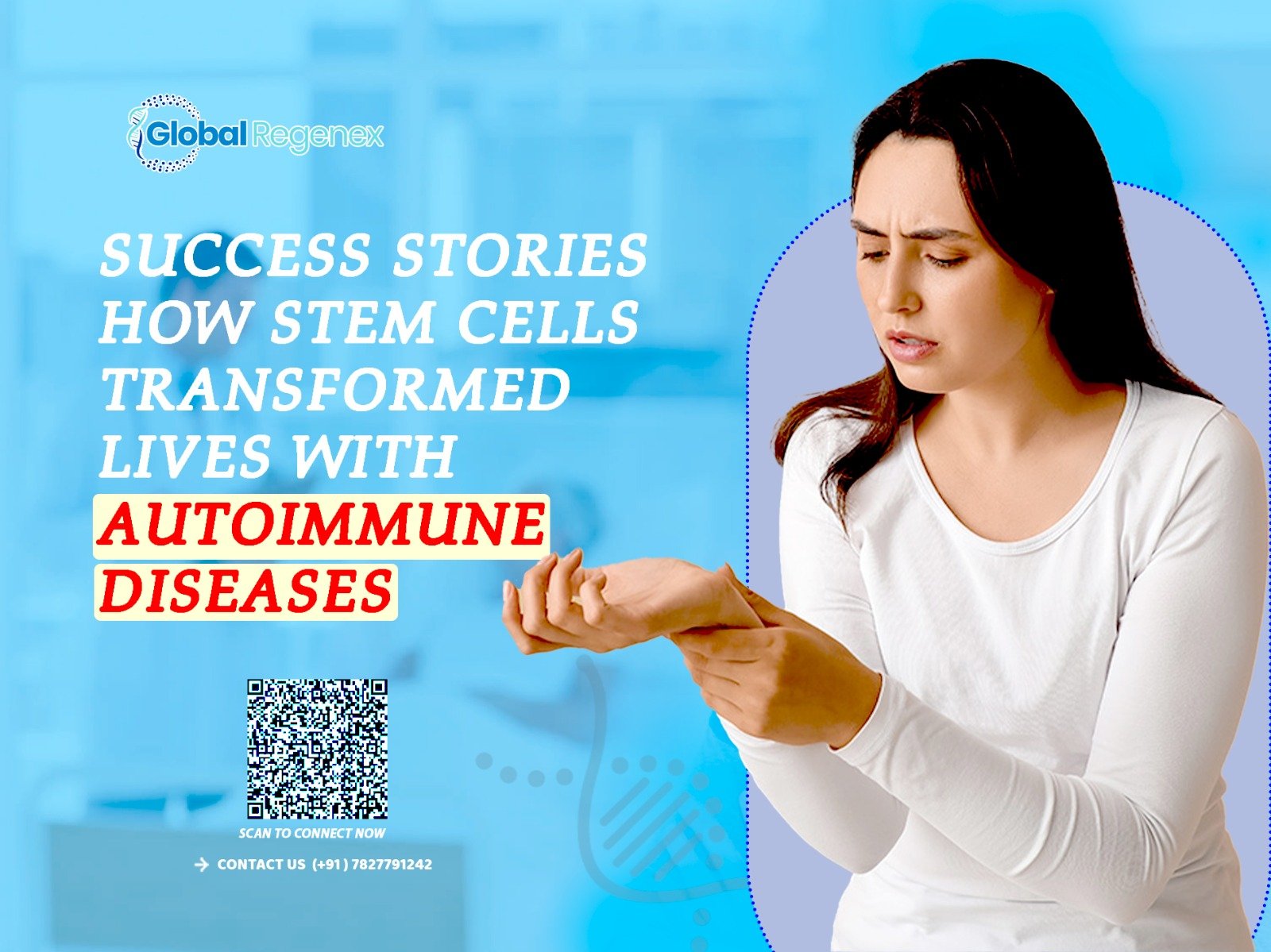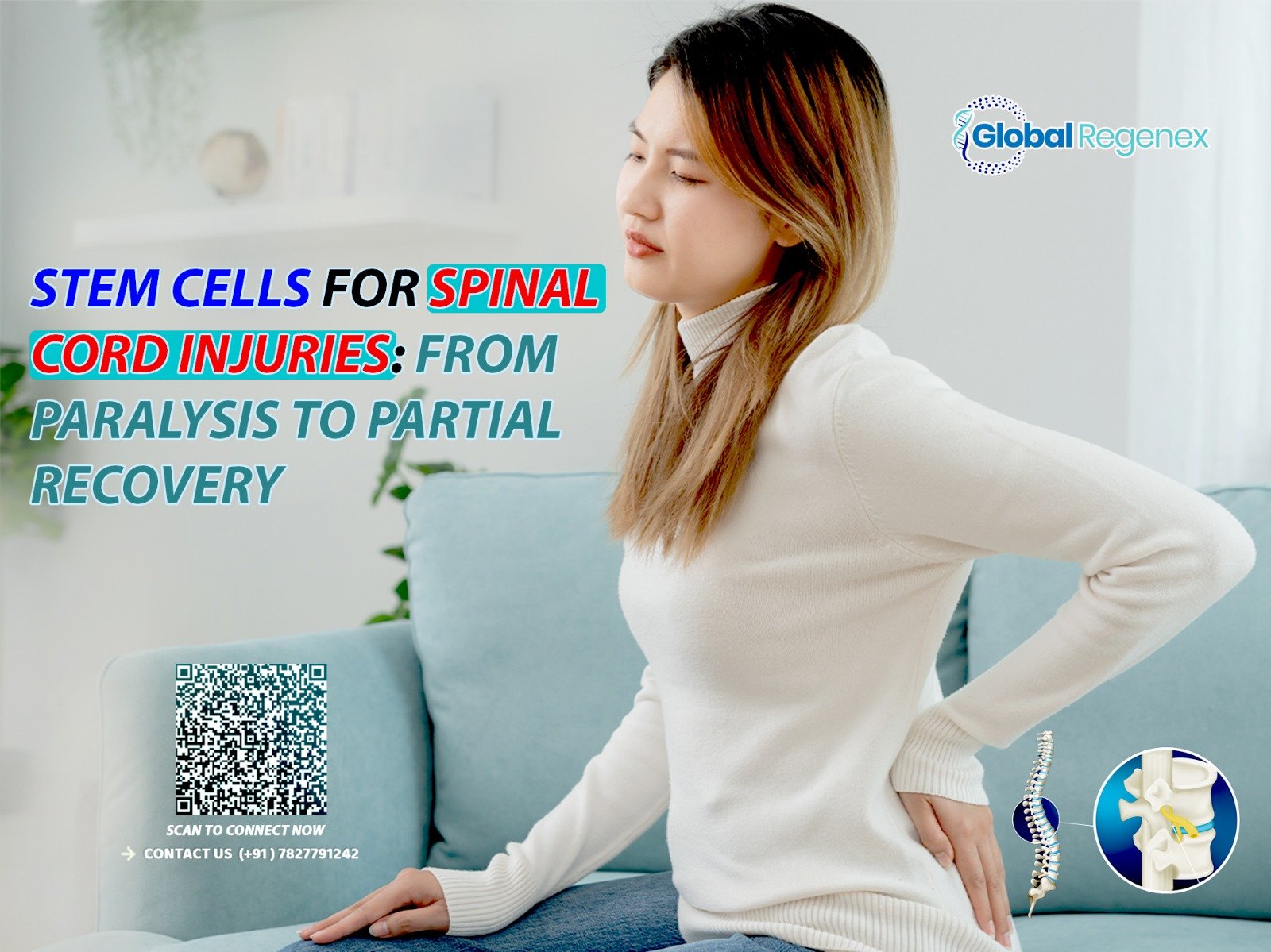Table of Contents
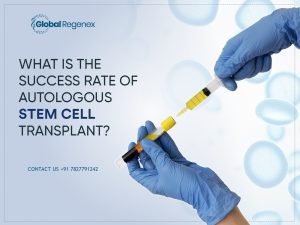
The use of autologous stem cell transplants is a kind of treatment that reconstructs or revitalizes diseased tissue with the use of a patient’s own stem cells. The opposite of this, though, is allogeneic transplantation, wherein stem cells are collected from the donors. Thus, the direct use of stem cells from the patient’s body excludes the possibility of the phenomenon of immune rejection which, in turn, makes autologous stem cell transplants more popular and potent. We will discuss the efficiency, process, and successful rate of autologous stem cell transplant and emphasize this blog about Global Regenex company being considered one of the best consultancy firms in the world doing stem cell therapy.
What Is an Autologous Stem Cell Transplant?
An autologous stem cell transplant is a procedure whereby cells from a patient can be taken, frozen, and later infused back into the patient in order to help repair the tissues and also augment the production of blood cells following intense treatments. These kinds of cells are, however very effective for treating diseases like lymphoma, leukemia, and multiple sclerosis, among others, because there will be regeneration and differentiation into other types of cells.
This procedure helps those patients who receive high-dose chemotherapy or radiation treatment as these therapies tend to kill healthy bone marrow cells, necessary for the formation of blood cells. So, the reinfusion of stored healthy stem cells restores patients back to normal with fewer complications and allows their body’s immune system to start functioning normally.
The Success Rate of Autologous Stem Cell Transplants
The rate of success in the autologous stem cell transplant is variable, depending on many elements, including the patient’s condition, age, and overall health. In most cases, autologous stem cell transplants have significant success rates, primarily when treating blood-related cancers and multiple myeloma. These are the effectiveness and success rates for each condition.
Lymphoma and Multiple Myeloma
Scientific research has revealed that ASCT outcomes are much better than ever since it has led to remission in 50-70% of all the diagnosed patients with multiple myeloma and 40-60% of all the patients having other diagnoses. The improvement in the five-year survival rate of diagnosed multiple myeloma patients when autologous transplants are received has, on the other hand, been substantially prompted by the advancement that has been witnessed in stem cell technology and care support in the last ten years.
Non-Hodgkin’s Lymphoma (NHL)
These patients have also greatly benefited from autologous stem cell transplants, having up to 50% success rates in some studies. ASCT is definitely among the best treatments to induce remission in aggressive NHL.
Autoimmune Diseases
Although much rarer, ASCT is also used in the treatment of autoimmune diseases, including multiple sclerosis. For such diseases, ASCT can be useful to “reset” the immune system, an enormous hope for patients not responding to the standard treatments. The rates of success are encouraging in that several patients presented symptoms of regression and longer-lasting remissions.
Degenerative Diseases
Time-wise, autologous transplants are increasingly used to treat degenerative diseases like osteoarthritis and spinal cord injuries. Although clinical trials are still in progress, most patients have experienced improvements in their quality of life, reduced pain, and greater mobility following ASCT. The success rate may differ from patient to patient, research is continually being done on the long-term outcomes.
Advantages of Autologous Stem Cell Transplants
Lower Immune Rejection: Since the stem cells used are derived from the individual’s own body, the chances of immune complications are decreased.
High Success Rate of Specific Diseases: Autologous stem cell transplant proves to be very effective with blood-related cancers and there is a high rate of cure for remission.
Personalized Therapy: The patients are subjected to a therapy suited according to their specific health issues.
Faster Recovery: Autologous stem cell transplant tends to reduce the time for recovery since it allows the body to recover healthy blood cells much faster.
Long-Term Benefits: Patients tend to be in remission for more extended periods with improved quality of life after undergoing autologous stem cell transplant.
Final Verdict
With advancements in the technology of stem cells, the success rate of ASCT continues to improve and offers patients hope for a more extended remission and quality of life. Global Regenex offers trusted consultancy services to guide patients through the complexities of stem cell therapy and help them explore the best treatment options tailored for them. If you or a loved one is considering an autologous transplant, then consultation with Global Regenex may be a very useful step toward effective, customized care.

